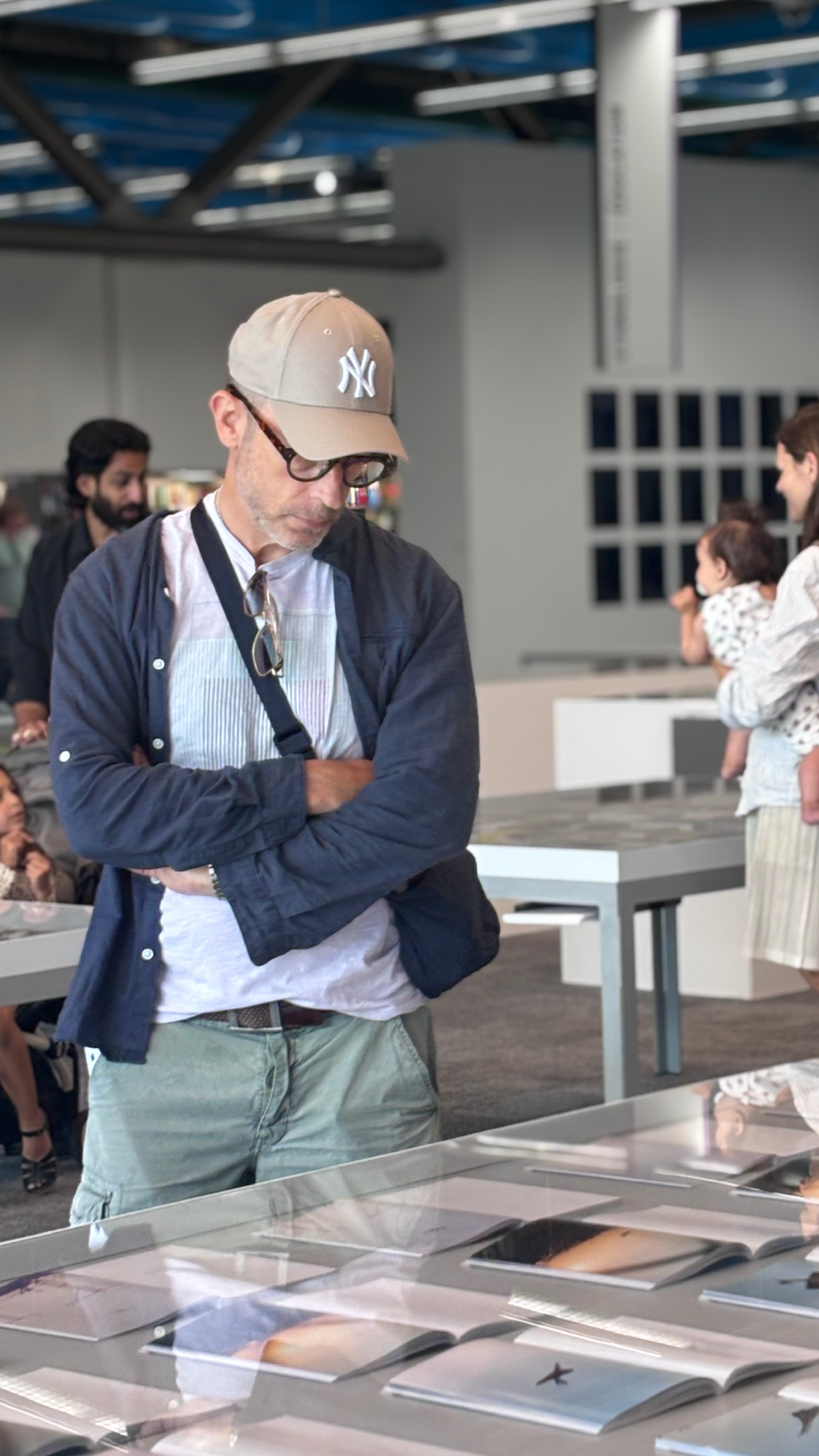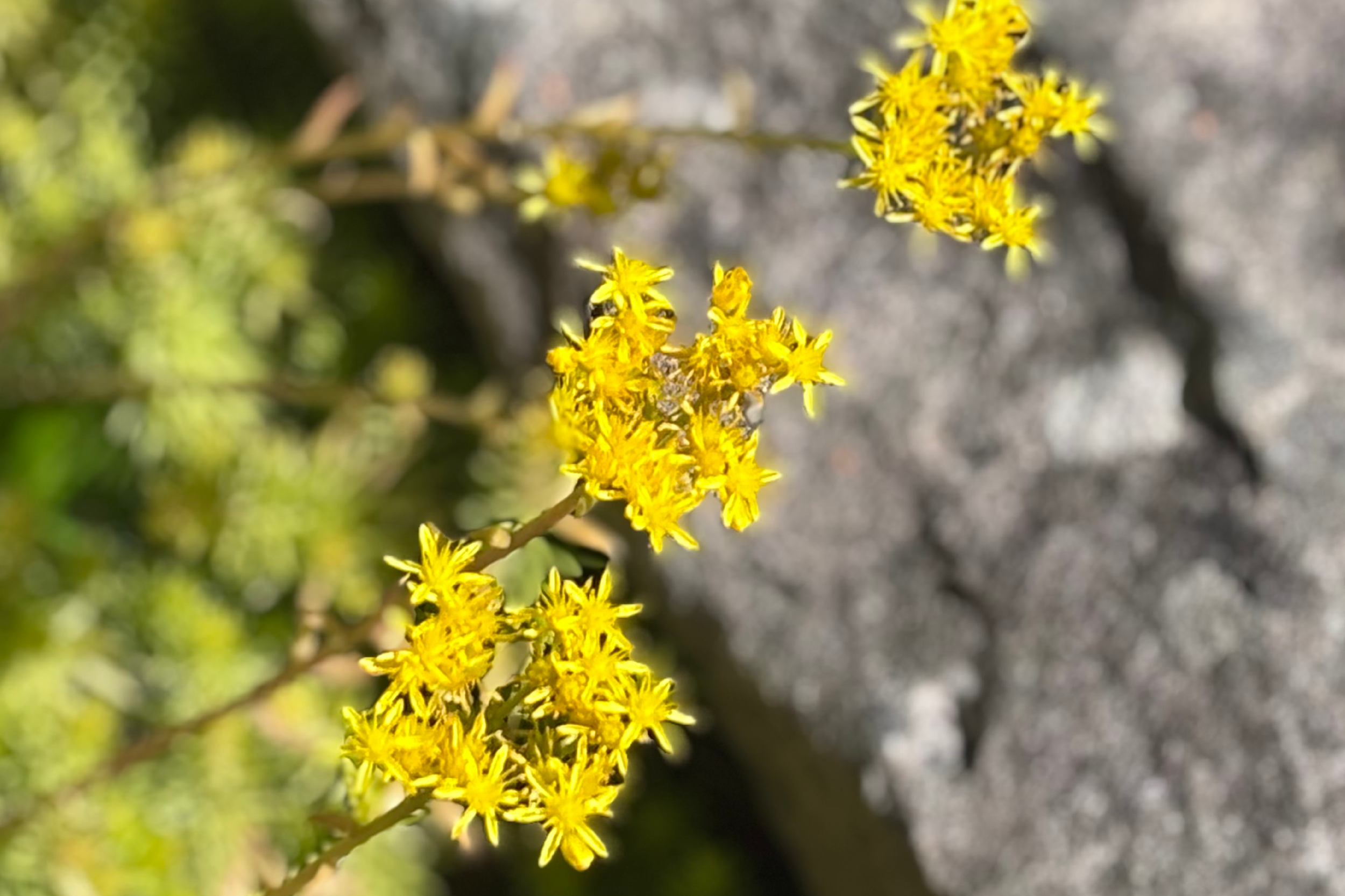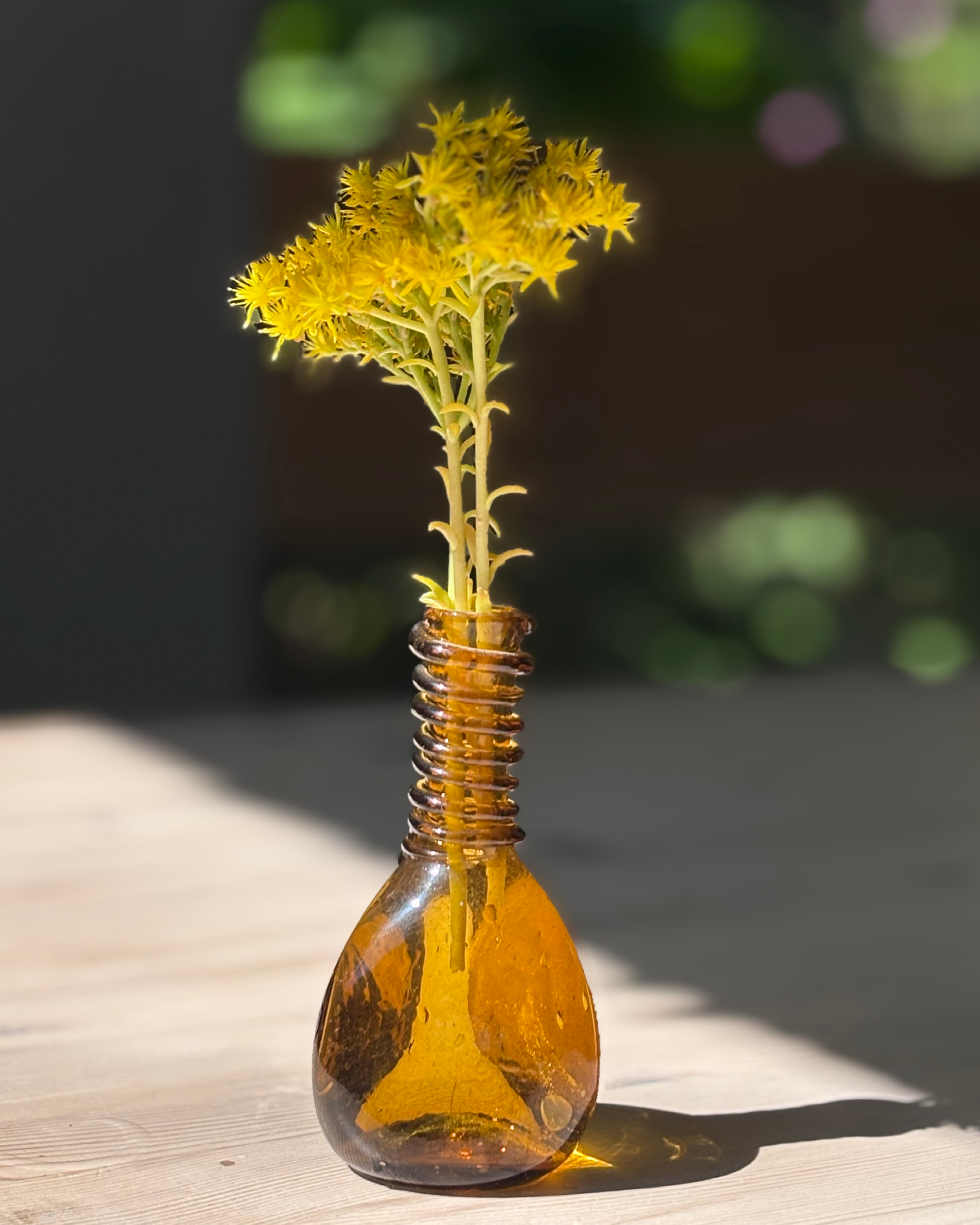A Pain But A Friend
I am in the Pompidou in Paris at photographer Wolfgang Tillmans’ vast, retrospective exhibition, the last show in this building before it closes for renovations. Suddenly, there before me, horizontal in a glass exhibit vitrine, Tillmans’ portrait of performance poet and music maker Kae Tempest appears. I make a photograph of their photograph and move along.
Kae Tempest, photographed by Wolfgang Tillmans, 2021
Randomly, a little later, my phone shuffles to a song I have not heard in some time by Tempest, I Saw Light.
Beginning with an ending in mind they speak, with a kind of humming, strumming, pulsing backing beat, that moves in and out, from ear to ear in my headphones. Midway through, Tempest is joined by Grian Chatten, the front man of Dublin band, Fontaines D.C.
Chatten’s voice on this track lands in an unexpected way. It is his tone, his warmth, that Dublin accent, here in Paris direct in my ears, sung only to me in this public setting, a song about moments of epiphany and release. I sit for a moment on a bench and watch people looking at the exhibition. I play the track back.
A pain but a friend that doesn’t pretend,
a pain but a friend that doesn’t pretend,
a pain but a friend that doesn’t pretend, incants Chatten, as a man with a beige New York Yankees cap briefly meets my gaze, then turns away. I stand up, a little lighter, as if the air in the room has gained weight.
***
Some weeks later I am in the garden on the gravel. I see that a plant I took from my mother’s garden five years ago as we cleared her house for sale is finally thriving. I am not sure why I pay attention to it now, perhaps it is this sun. We have had days and days of it, baking this heat-seeking thing into its brilliant, blonde, beauty. My mother loved heat, she liked being warm to her bones. She would have liked this summer.
I pick a stem or two of the plant. It is common enough, a small yellow sedum, a sedum sexangulare. I carry it inside. I see light through the window, hitting an amber vase. It is small, fatter, but not much longer, than my thumb, flat on one side. It comes, I was told, from the souk in Damascus, Syria, the city and the land of my birth, carried back to Ireland shortly after I was. I take it, I fill it with water, and slide in the sedum stems, placing it on a sunny part of the table where it seems to already belong. I wonder might this cutting root.
Since Paris I have been thinking about my mother again. I have started gathering stories of her time and travels back and forth to Damascus when my father, a solider, was stationed there. She went first with me in her belly, then home with me in her arms aged two, and then again on her own to collect my father. I pick up the vase, place it back again. The yellow plume formally balances the bulbous base and I am satisfied, my mother, my father, my birth, her death, just then found some kind of balance.
***
I have been wondering too about where I am from, as much as where I am headed, the latter an occupational hazard. I have been reading books and essays about seeds and time, and gardening and grief. I often scroll on my phone to a photo of my mother’s suitcase she carried alone to Damascus, stored in her attic for decades. I read her plane ticket, an Aer Lingus printed document which shows her journey once was Dublin-London-Budapest-Damascus, and a journey she did alone. I unearth the story my father wrote down for me about the day bombs fell in Damascus, homes were destroyed at the end our street, and we, all five of us, fled to Beirut. I dig out a beautifully designed map of Damascus, printed the year I was born, found in her things when she died. I tape the map to my wall which, an ordinary act as a teenager, now seems especially significant. I recall again a conversation with a Syrian translator I met in Venice in April about Homs and home, horror and hope.
***
A few weeks after my time in the gravel and garden, I travel to a nearby town for a funeral to be with my friend. The sun remains unusually hot in the sky. I talk to others there, before, after. We each speak, warmly, of our family trees, our roots, our growth, our loss, their death. I think about gardens and grief again, that little amber vase from the place in which I was born, but a place to which I have yet to return.
On the drive back, I play I Saw Light. Chatten is speaking, or chanting, again, his voice so loud in the car the doors vibrate. I cry a little. For my friend whom I love and is, inevitably, for as long as it takes, lost in his own loss, but my tears are for something else too, something I’ve lost.
I knew where I stood with grief, I could depend on it, it was clear, loyal, steadfast. But since Paris, grief and I are not the same friends anymore, or at least, how we relate one to the other has changed. That song makes sense today. For me, it is grief itself that has been a pain but my friend that doesn’t, or now didn’t, pretend.
You see, grief, though painful, can do good too. Grief propagated roots and growth in my life. It did so literally, because I got to plant hundreds of tiny new trees in an empty field my mother’s dying afforded me. But it did it more abstractly too, as I worked anew to join dots between the chapters of mine and my mother’s shared histories, my origins, my home, myself.
Salman Rushdie, admittedly, and importantly, mine a very different context to his, suggests when writing about the meaning of home, that roots are a conservative myth, intended to keep us in our place. I understand this, but I am not really convinced. Now, at least, as I think about my roots, they seem liberating, scaffolding another horizon as I build the next stages of my life, not without grief, but not entirely with it either.
In my father’s story of our time in Syria, he noted my mother’s refusal to leave Damascus for Tel Aviv to give birth to me. He was unsure why she refused to participate in what was then common practice for so-called army wives, to leave Syria, travel and have their babies in Israel. My mother was strong. Her resistance to move, her desire to stay put in Damascus, is a story I learned about only after she died. Perhaps it is only now I needed to hear it. Perhaps only now did she need me to know. Only today, when I was ready to live with her loss, did she finally bequeath me her remarkble strength.
***







